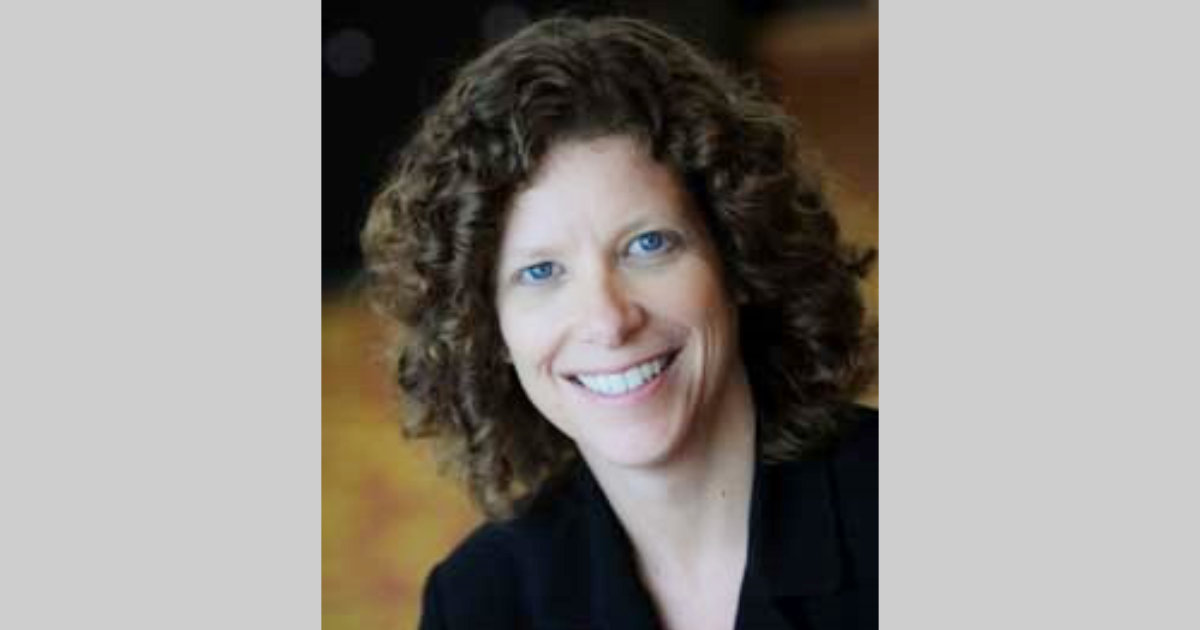Zoom Talk by Prof. Dr. Jennie Noll
"Shifting contexts: Could this be the new resilience?"
February 25, 2022, 10:00 h

Sequelae of trauma and adversity have traditionally been articulated under a deficit or developmental psychopathology framework. The breadth of knowledge gleaned from the study of individual variation in deleterious sequelae has informed the development of evidence-based trauma treatments and preventive interventions over the past three decades. However, there are both animal and human models demonstrating the power of "changing context" – for example, foster placement, housing voucher programs – in the promotion of well-being and the transcendence out of adversity. So too are emerging models of resilience stressing the ability to flexibly manage context and environmental conditions to suit individual interpretations of trauma recovery (Bonanno, 2022). By challenging more traditional models of resilience where trauma recovery is championed through the removal of deficits, Dr. Noll hopes to facilitate a lively discussion of how we might think about resilience in terms of engendering skills and behaviors that result in pro-adaptive context shifting. By observing individuals who have successfully changed contexts (e.g., neighborhood and/or educational mobility, leaving an abuser, creating sobriety circles, etc.), and by studying concepts such as functional adaptation (Wadsworth, 2015), biological sensitivity to contexts (Boyce & Ellis, 2005), and human agency in transcending canalization (Berger, 2021), might we learn from multiple sciences new ways to conceptualize and define resilience in service of promoting global well-being?
Zoom-Link:https://uzh.zoom.us/j/63875324297?pwd=MVdBRXl1bDZkR1pRZ1d0TzBPQ1lZZz09